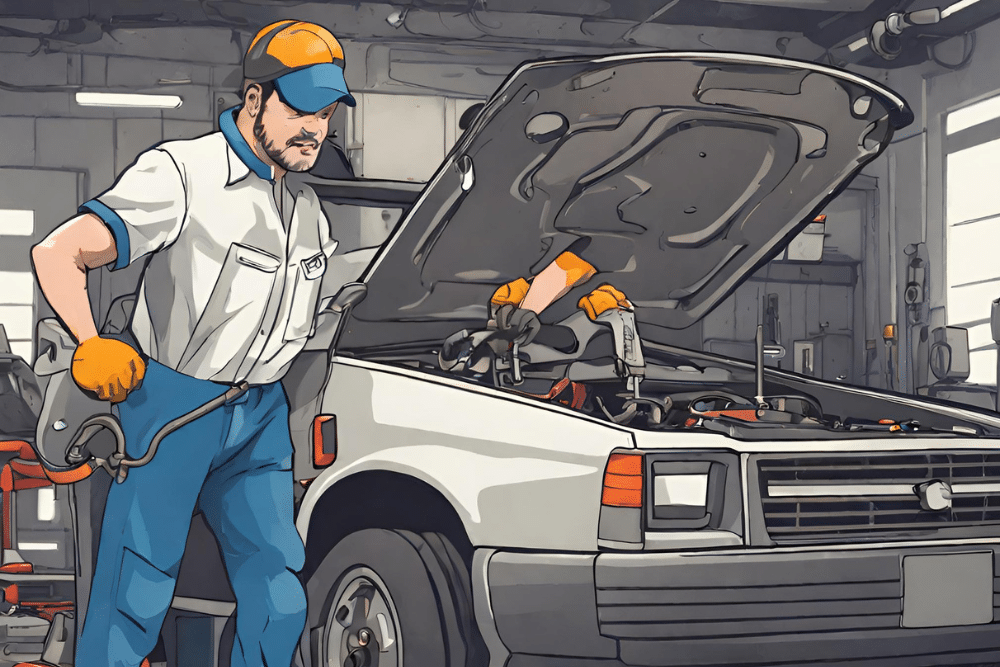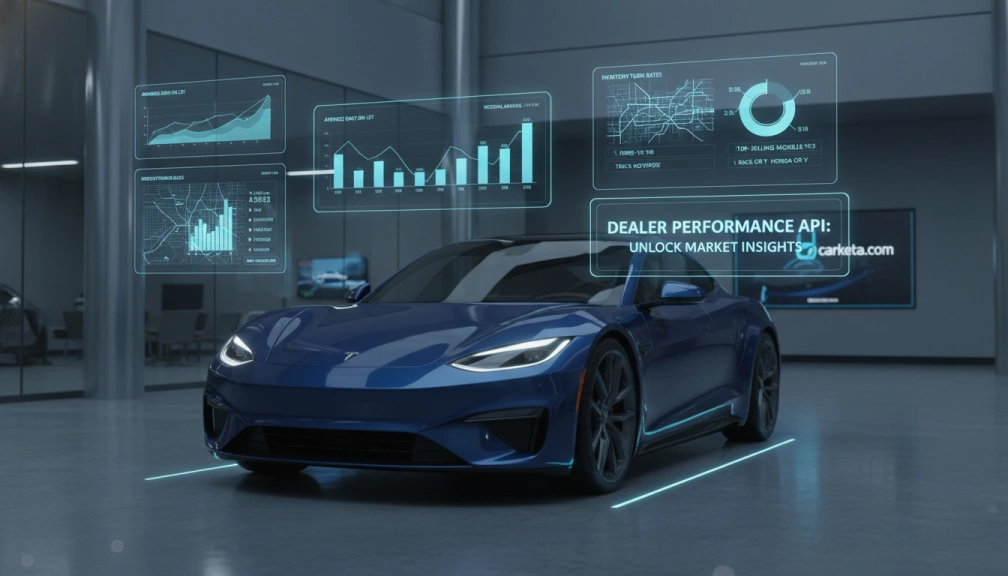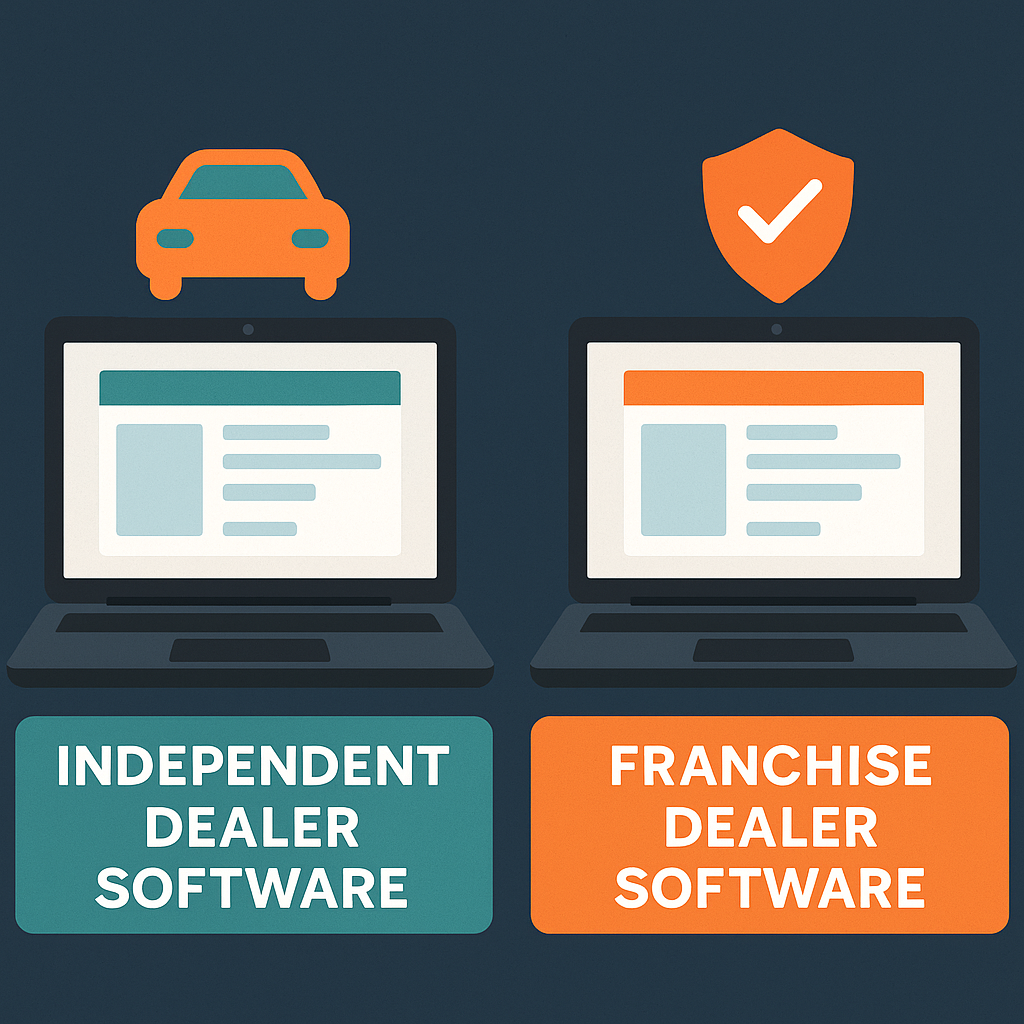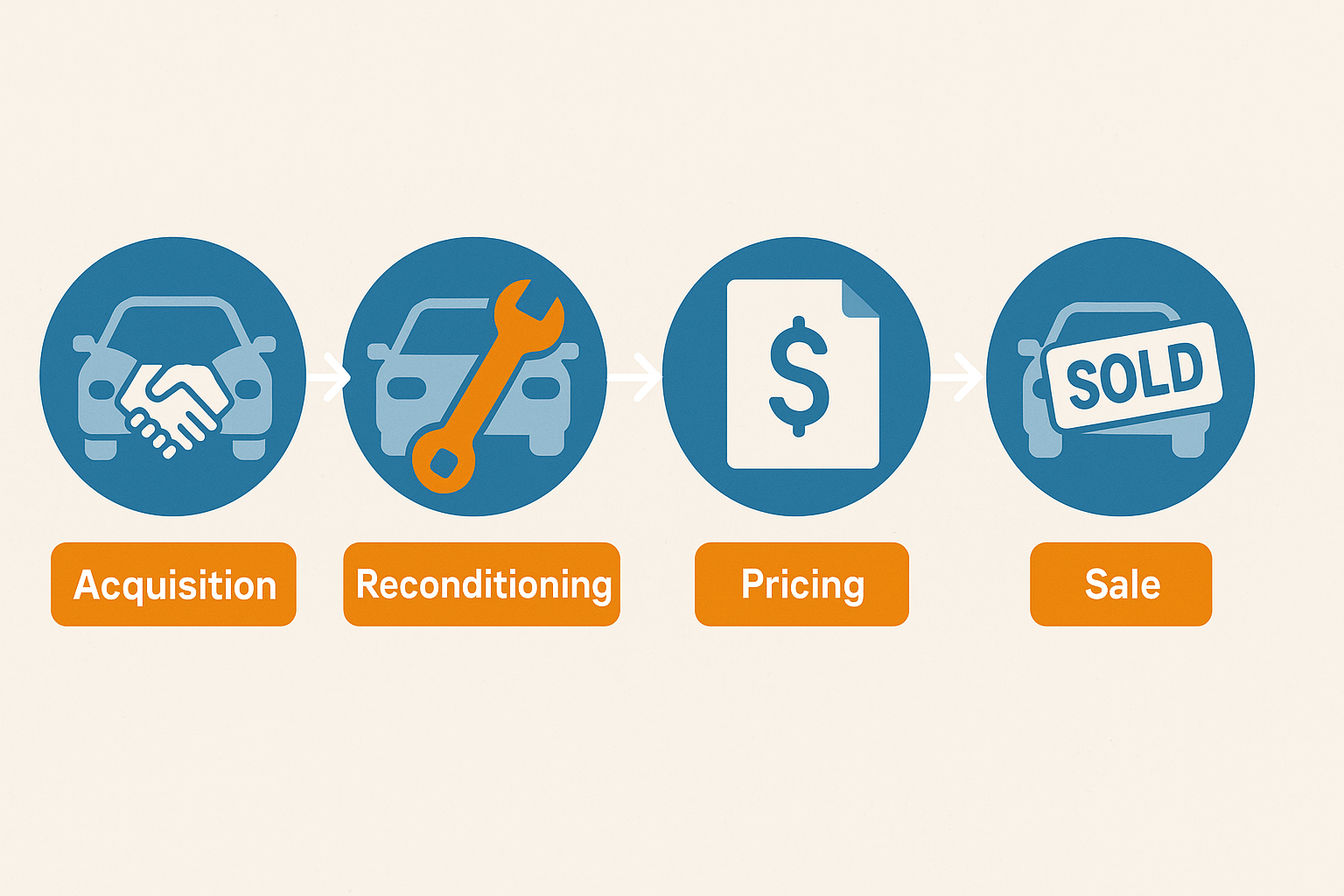Car dealerships must continually strive to differentiate the quality of their customer service and reconditioning. The quality of your mechanics directly impacts the reputation of your dealership and the level of trust your customers place in your services.
One crucial aspect of ensuring customer satisfaction is hiring skilled and reliable mechanics. This article serves as a comprehensive guide for car dealers on how to hire good mechanics who will enhance your dealership’s reputation and bottom line.
Identify Your Needs
Before you start the hiring process, it’s essential to identify your specific needs. Consider the following:
a. Skill Sets: Determine the types of skills and expertise your dealership requires. Do you specialize in specific vehicle makes or models? Are you looking for general mechanics or specialists in areas like engine diagnostics, electrical systems, or hybrid vehicles?
b. Volume: Assess your workload and the number of mechanics you need to handle customer demands effectively. How many tasks or vehicles can one mechanic complete each day? How fast do you need to turn inventory in order to turn a profit? Are there gaps in your process that could help you turn inventory faster? All of these questions can help you pinpoint whether you need to hire a mechanic or make a smaller investment in better tools for your current staff.
c. Qualifications: Determine the necessary qualifications and certifications for the positions you’re hiring for. Years of experience can directly impact output and team efficiency.
Craft Clear Job Descriptions
Well-defined job descriptions are the first step in attracting suitable candidates. Include the following in your job descriptions when hiring dealership mechanics:
a. Job Title: Use clear and specific job titles, such as “Automotive Technician” or “Certified Mechanic.”
b. Responsibilities: Outline the primary responsibilities and tasks the mechanic will be expected to perform.
c. Qualifications: Clearly state the required qualifications, such as ASE (Automotive Service Excellence) certifications, experience level, and any specific technical skills.
d. Salary and Benefits: Mention the salary range and any additional benefits you offer, such as healthcare, retirement plans, or ongoing training opportunities.
Be sure to leverage not just local job listing sites, but local trade school job boards and even Facebook groups like Dealership Management, where many automotive industry pros share advice and tips.
Promote the Job Opening
To attract top talent, promote your job openings through various channels:
a. Online Job Portals: Utilize job search websites like Indeed, LinkedIn, and Glassdoor to post your job openings.
b. Social Media: Share job postings on your dealership’s social media platforms to reach a wider audience.
c. Networking: Attend automotive industry events and join online forums to connect with potential candidates.
d. Employee Referrals: Encourage your current employees to refer qualified candidates. Be sure to incentivize the employee not just to refer, but to help retain the mechanic. It’s a competitive job market for mechanics right now — consider splitting a referral bonus to the current employee so it pays half when the new hire joins the team and half when that new hire has stayed at the dealership for 3 or 6 months.
Screen Resumes and Applications
Once applications start coming in, take the time to screen resumes and applications thoroughly. Look for relevant experience, certifications, and a track record of reliability and professionalism. Narrow down the pool to candidates who best match your requirements.
Conduct Interviews
Interviews are a critical step in the hiring process. Prepare a set of structured interview questions when hiring dealership mechanics that assess technical skills, problem-solving abilities, and communication skills. Additionally:
a. Technical Assessment: Consider conducting a practical assessment or written test to evaluate the candidate’s automotive knowledge and problem-solving abilities.
b. Behavioral Interviewing: Ask behavioral questions to gauge the candidate’s ability to work in a team, handle challenging situations, and provide excellent customer service.
Check References
Contact the candidate’s references to verify their work history and inquire about their work ethic and skills. This step helps you gain a better understanding of the candidate’s suitability for the position.
Assess Soft Skills
Technical skills are crucial, but soft skills are equally important in a customer-facing role like a mechanic. Look for candidates who possess:
Attention to Detail: The ability to notice even the smallest issues can prevent bigger problems down the road.
Problem-Solving Skills: Mechanics often encounter complex issues that require creative problem-solving.
Time Management: Efficiently managing repair & reconditioning times is essential for customer satisfaction.
Tech-Savviness: The modern dealership is run on software and technology. It doesn’t matter whether you’re an independent dealership, a buy-here/pay-here or a franchise — dealerships of all types are bringing more and more diagnostic tools into their operations, as well as software like inventory management, CRMs, DMS’s and more.
Evaluate Fit with Your Dealership Culture
Consider whether the candidate’s values and work ethic align with your dealership’s culture. A good cultural fit can lead to a happier and more productive team.
Offer Competitive Compensation
Competitive compensation packages are essential for hiring dealership mechanics and retaining top talent. Research industry standards and adjust your salary offers accordingly. Additionally, consider offering performance-based incentives to motivate your mechanics. Completing a certain number of vehicles or tasks a week, or hitting a monthly target in collective dealership inventory turn can be great targets that drive dealership success and have a clear ROI for paying incentives. (You can monitor where your dealership’s slowest processes are, as well as average days to market, within Carketa.)
Provide Ongoing Training and Development
Invest in the professional growth of your mechanics. Offer regular training opportunities to keep their skills up-to-date and ensure they can work on the latest vehicle models and technologies.
Conduct a Background Check When Hiring Dealership Mechanics
Perform a thorough background check to ensure the candidate has a clean record and no history of unethical or criminal behavior.
Onboarding and Integration
Once you’ve found the right mechanic, ensure a smooth onboarding process. Introduce them to your dealership’s processes, team, and expectations. Provide clear guidelines and support as they settle into their new role. Be sure to train them on any tools or softwares that are important to your dealership’s success, like your inventory management system or DMS.
Hiring good mechanics is crucial for the success of your car dealership. By following this comprehensive guide, you can identify, attract, and hire mechanics who possess the technical skills, soft skills, and values needed to provide excellent service to your customers. Remember that hiring is just the first step; ongoing training and support will help your mechanics continue to excel in their roles and contribute to your dealership’s success.
Explore related articles to learn more about software solutions for car dealerships:






